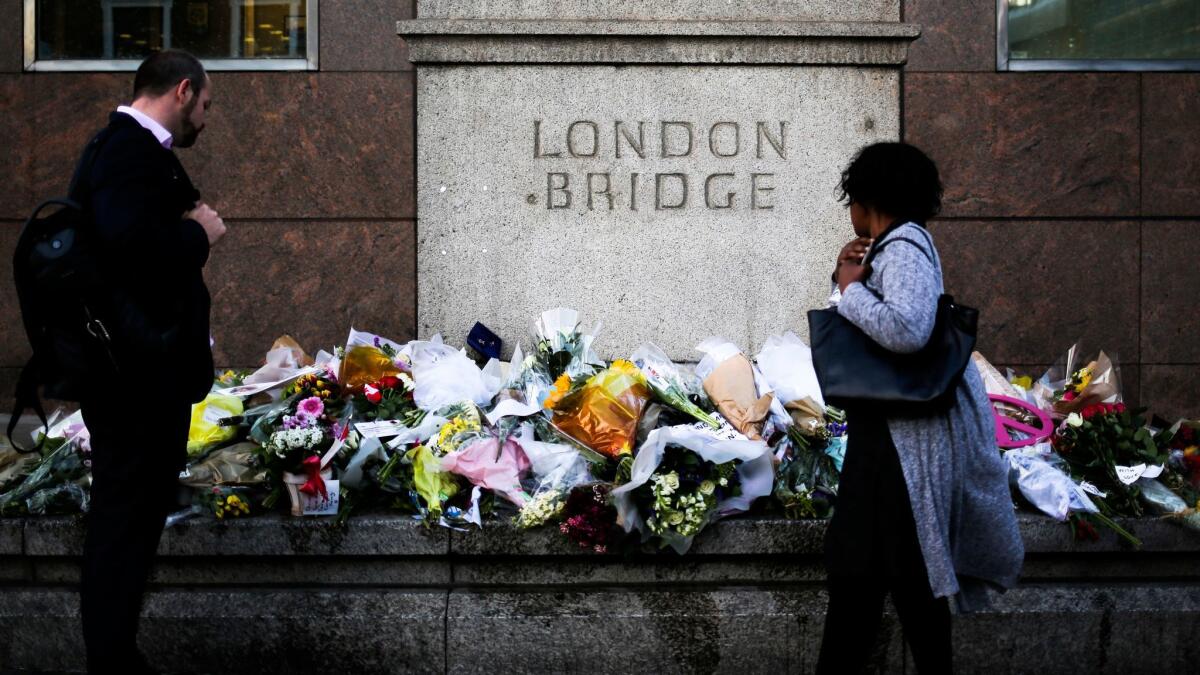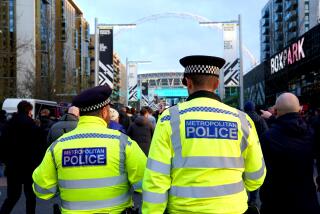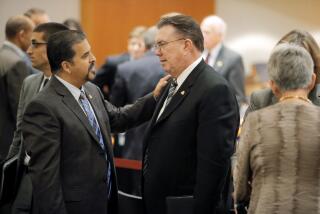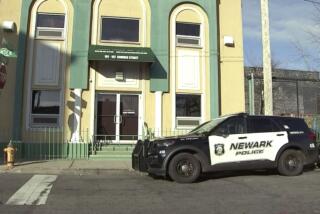More than 100 Muslim leaders refuse to perform funeral prayers for London attackers

More than 100 Muslim leaders across Britain have joined forces to denounce the actions of the three London Bridge attackers by declaring that they will refuse to perform funeral prayers for them.
In an unprecedented show of solidarity and outrage at the latest terrorist incident to hit Britain, imams across the country are also urging other Muslim leaders to follow their example.
“We have always condemned all these type of atrocities, but we needed to send a strong message to these killers that what they have done is totally against the teachings of Islam,” said the head of chaplaincy at Barts Health NHS Trust in London, Sheik Yunus Dudhwala, one of the 130 imams who signed the statement. “I think this is the strongest message that we can send.”
There have previously been calls for the Muslim community in Britain to take tougher visible action against the perpetrators of terrorist acts, beyond just verbally condemning them. In 2015, then-Prime Minister David Cameron also angered the Muslim community by saying that it had to do more to tackle extremism and that it was time for the “silent majority” to stand up.
Muslims said at the time that Cameron was wrong to link a lack of social cohesion with extremism and terrorism, and they believed that they were being forced to constantly apologize for each terrorist attack carried out in their religion’s name.
But the frequency of the recent attacks in Britain by homegrown extremists has spurred the community into taking a more cohesive, strong stance against the actions of the terrorists, Dudhwala said.
“There have been three attacks in three months, and we wanted to send a strong message that that doesn’t represent the 3 million-plus Muslims in the U.K.,” he said. “It’s becoming a trend and we can’t let this happen in our name, in our faith’s name, and we wanted to make sure people understand that. We abhor this killing and atrocity.”
The religious leaders’ statement was released through the Muslim Council of Britain.
Dudhwala said more religious leaders have pledged to support their decision since the announcement, bringing the number closer to 200. The group said that denying a funeral prayer was one of the strongest messages its members are able to send to the wider Muslim community in their capacity as religious leaders and scholars, because the prayer is the final moment the community offers acceptance to the deceased for the sins they may have committed.
“The funeral prayer is a very important prayer,” said Qari Asim, a senior imam at Makkah Mosque in the city of Leeds. “It’s the last prayer in which Muslims traditionally seek forgiveness from God. We will not be performing the funeral prayer, and as a result, we will not be asking for forgiveness.
“We are saying they are not martyrs, they are criminals, and they are not following a path to paradise,” he said.
This move will not prevent burials of the three men who mowed down pedestrians on London Bridge with a van and then knifed civilians in Borough Market, leaving seven dead and dozens injured. Once their remains are released by the coroner, their families can arrange for their bodies to be laid to rest, but the religious leaders hoped that by denying them ritual burial rights, and urging others to do the same, it would send a powerful message to anyone who thought their actions were noble.
“Psychologically, we hope it will have a profound impact on the people who will be considering this type of thing because they have been misguided and misled to believe that this is an Islamic thing to do,” said Sheik Asim Yusuf, an imam and religious scholar in the city of Wolverhampton. “It demonstrates to a would-be person considering this type of thing that there’s a profound negative consequence to this action. You are cutting yourselves off from the community of believers.
“Psychologically, the whole of the Muslim community lined up against you. Psychologically, you are not considered part of this community. We hope it will give people pause,” he said.
Boyle is a special correspondent.
More to Read
Start your day right
Sign up for Essential California for news, features and recommendations from the L.A. Times and beyond in your inbox six days a week.
You may occasionally receive promotional content from the Los Angeles Times.






